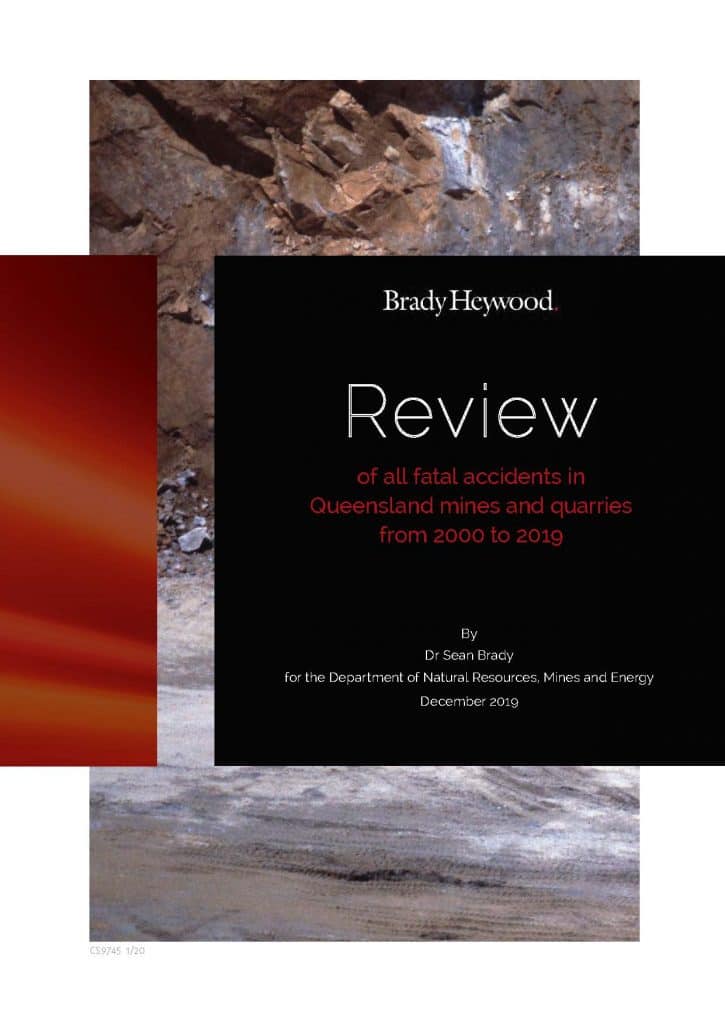
Today, the Queensland Coroner, James McDougall, handed down his findings into the deaths of four people at Dreamworld in 2018. The findings show major breaches of Queensland’s work health and safety (WHS) laws so why is the mainstream media saying Ardent Leisure, the owner of Dreamworld, could be prosecuted under industrial relations laws?






